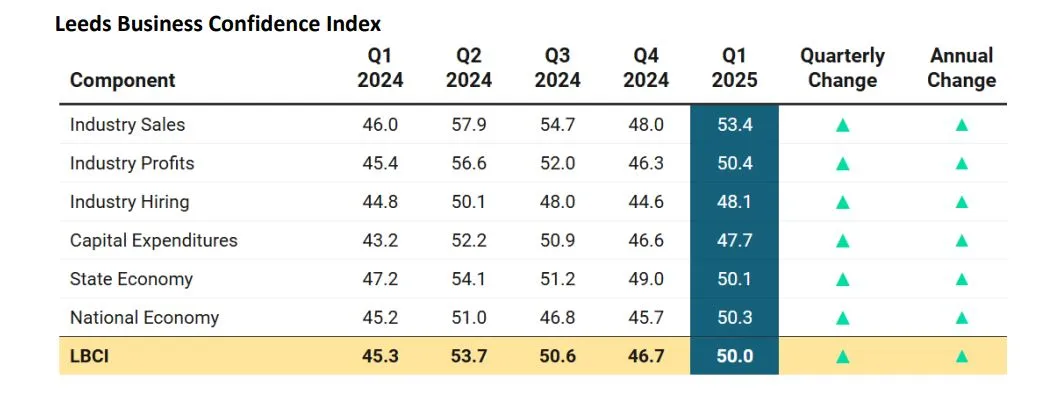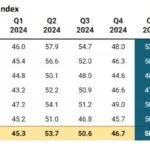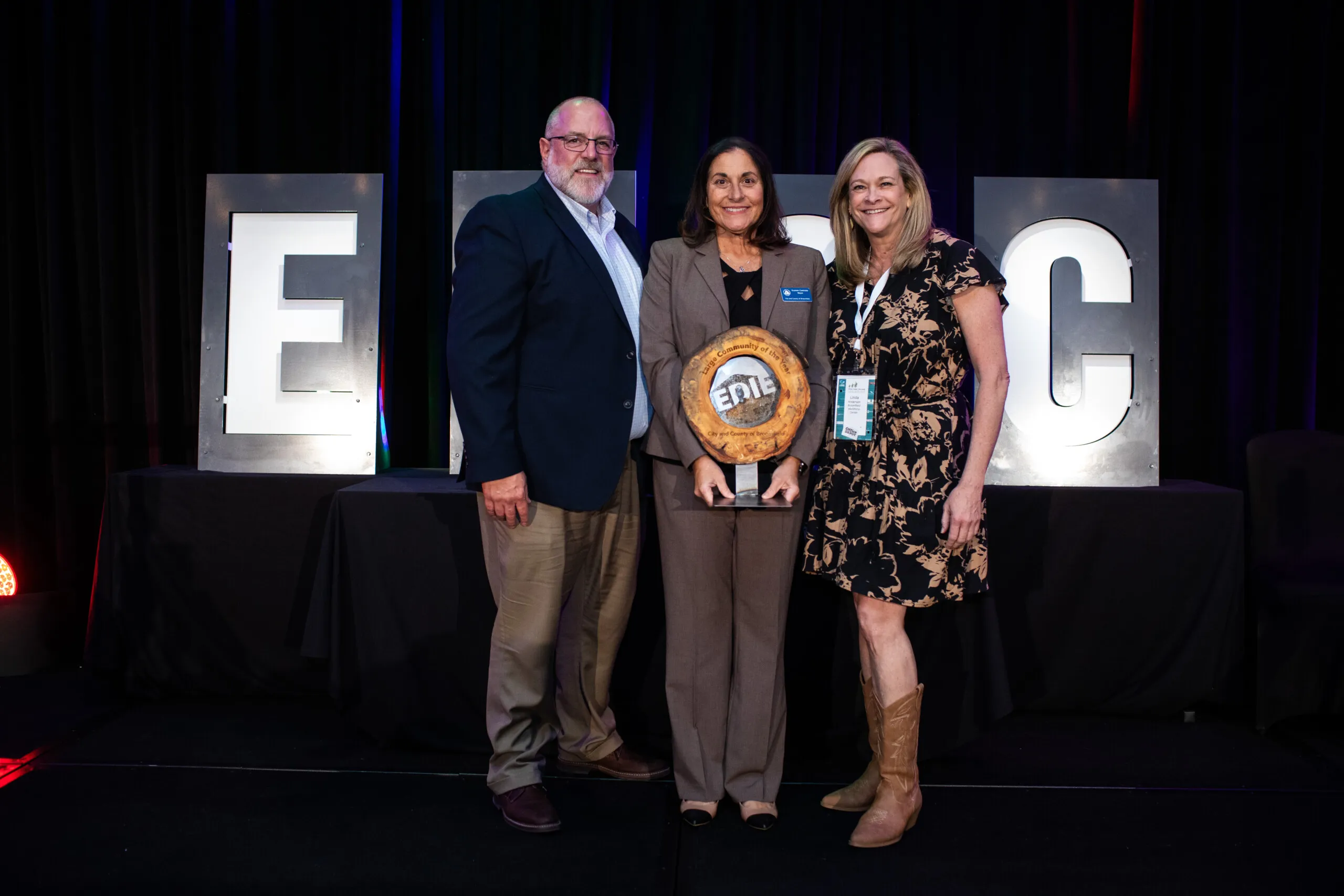Colorado biz leaders more confident in U.S. economy than state
New Trump admin top of mind for many

For the first time in two decades, Colorado business leaders are feeling less confident in the near-term prospects for the state economy than they are for the national economy as a whole.
THIS ARTICLE IS FOR SUBSCRIBERS ONLY
Continue reading for less than $3 per week!
Get a month of award-winning local business news, trends and insights
Access award-winning content today!
Already have a paid subscription?
Sign in with GoogleSign in with Google





